Shop
Whisky


Limited-Edition Whisky Christmas Advent Calendar 2024
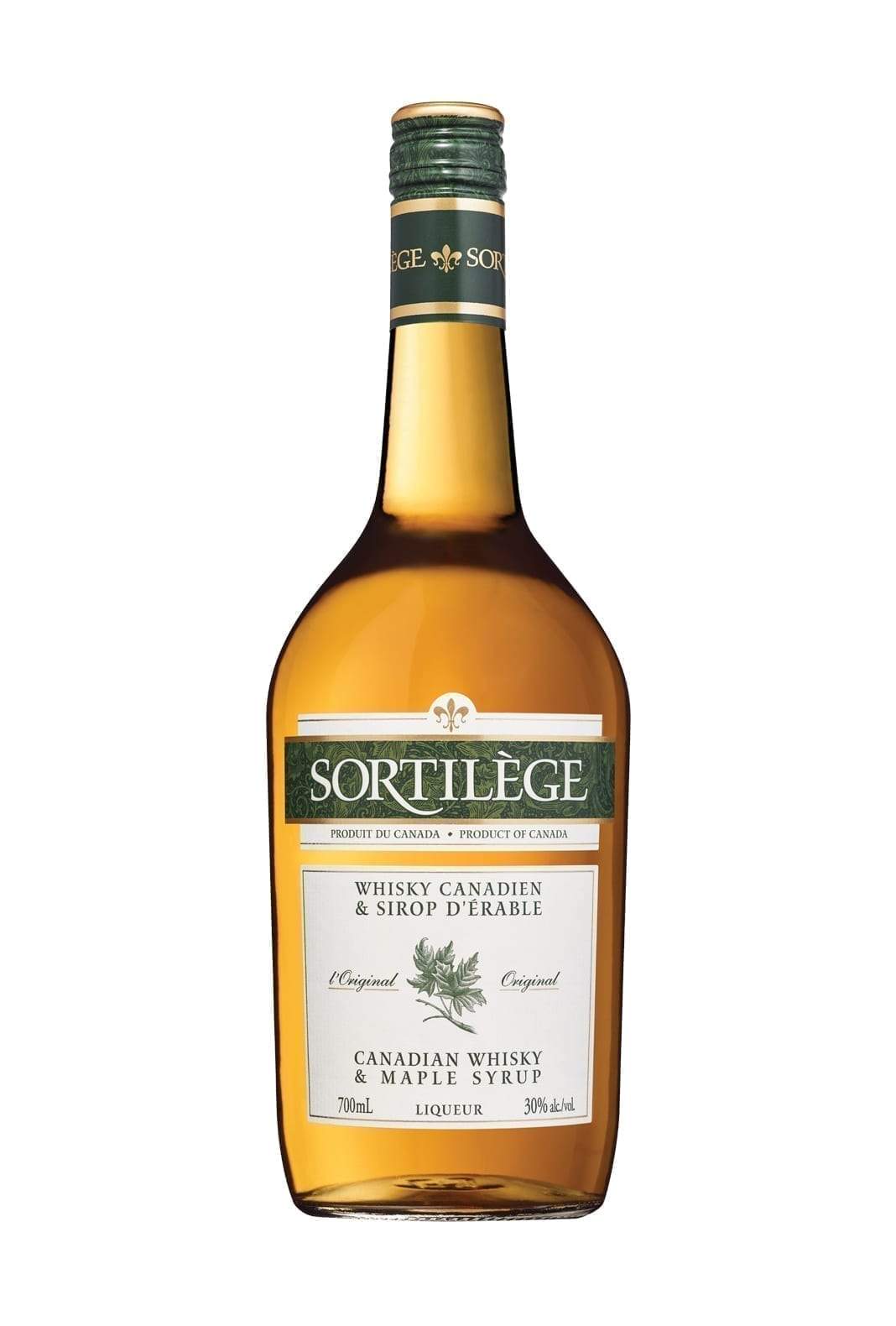
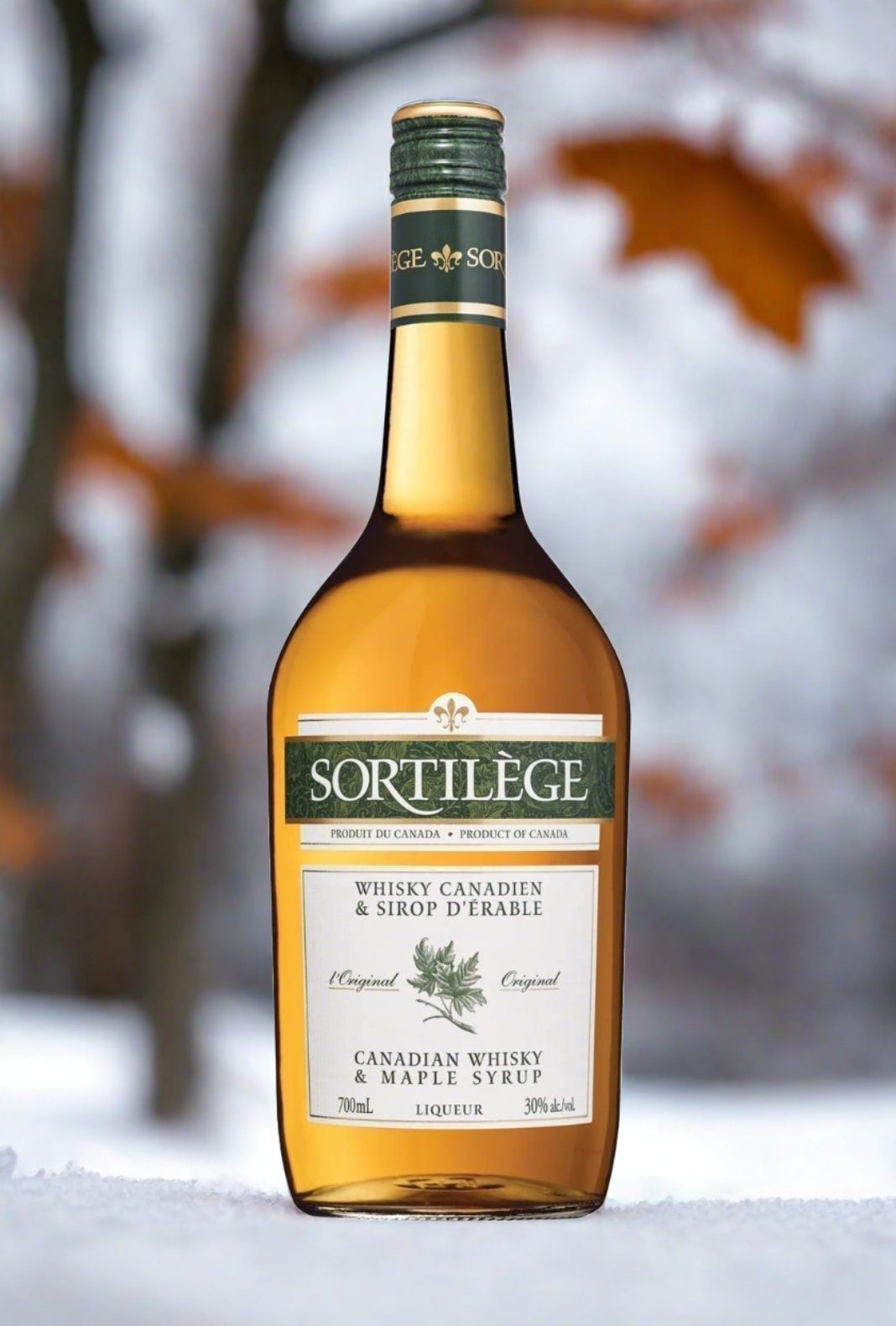
Sortilege Canadian Whisky and Maple Syrup 30% 700ml
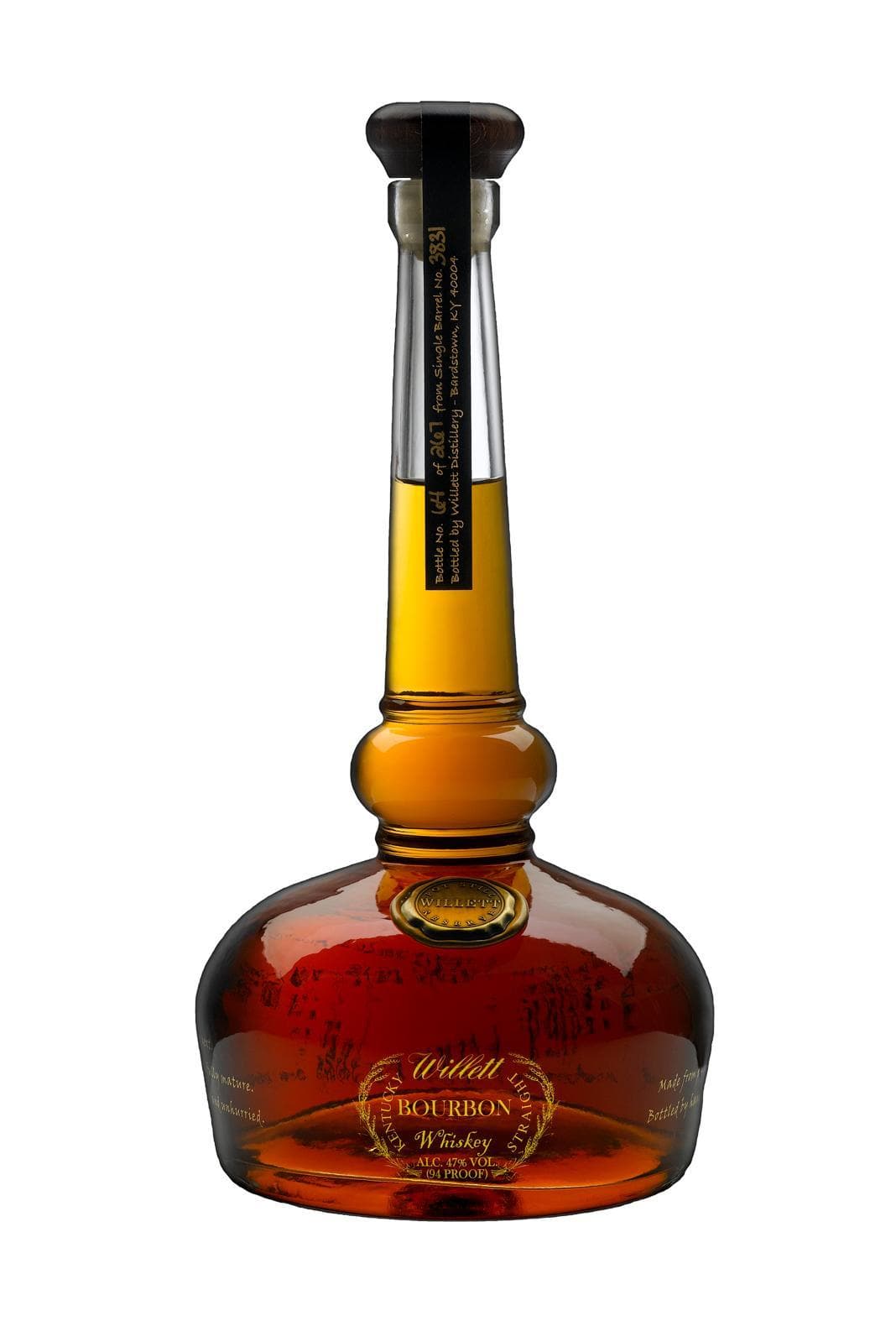
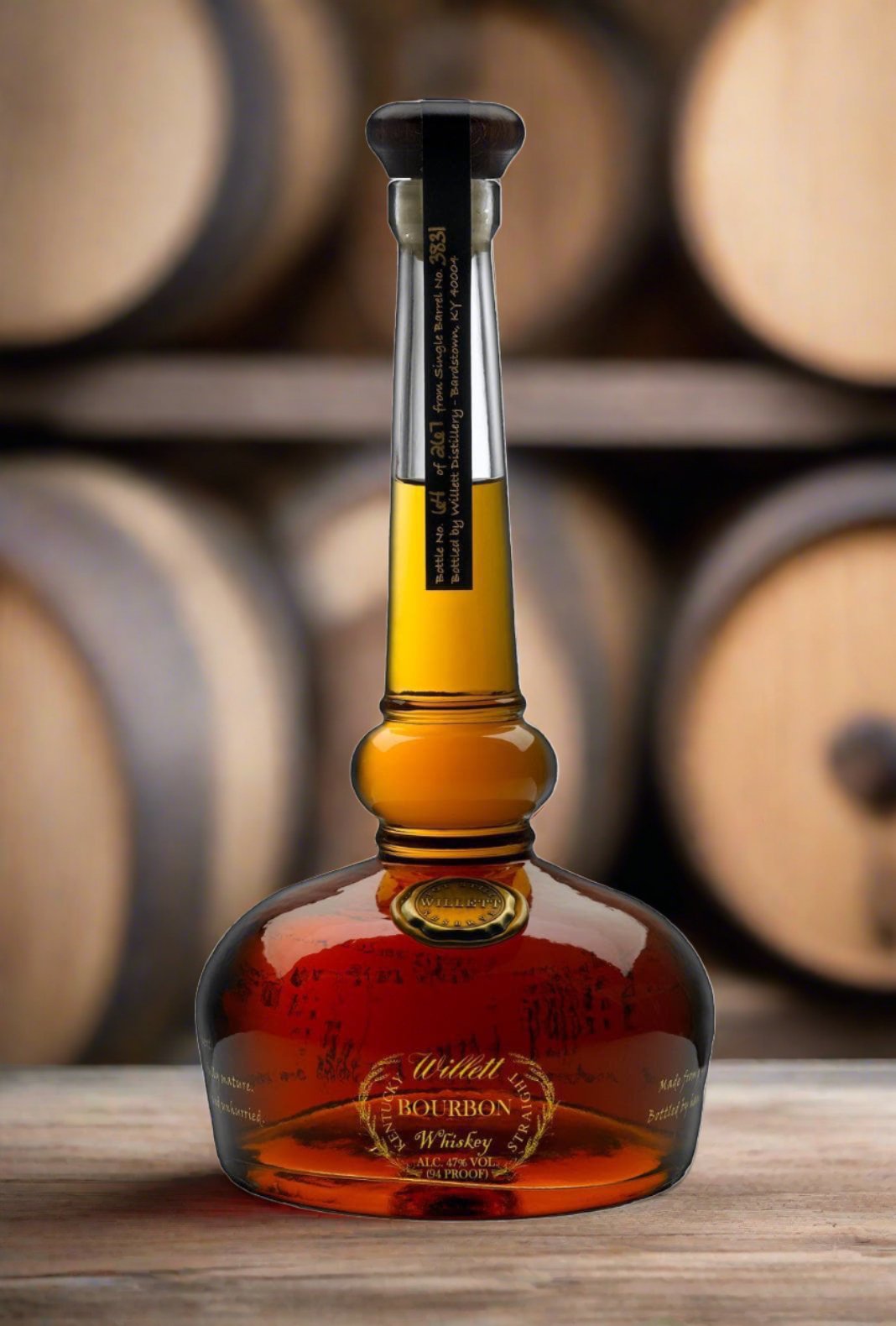
Willett Family Kentucky Straight Bourbon Whiskey Pot Still Reserve 47% 750ml
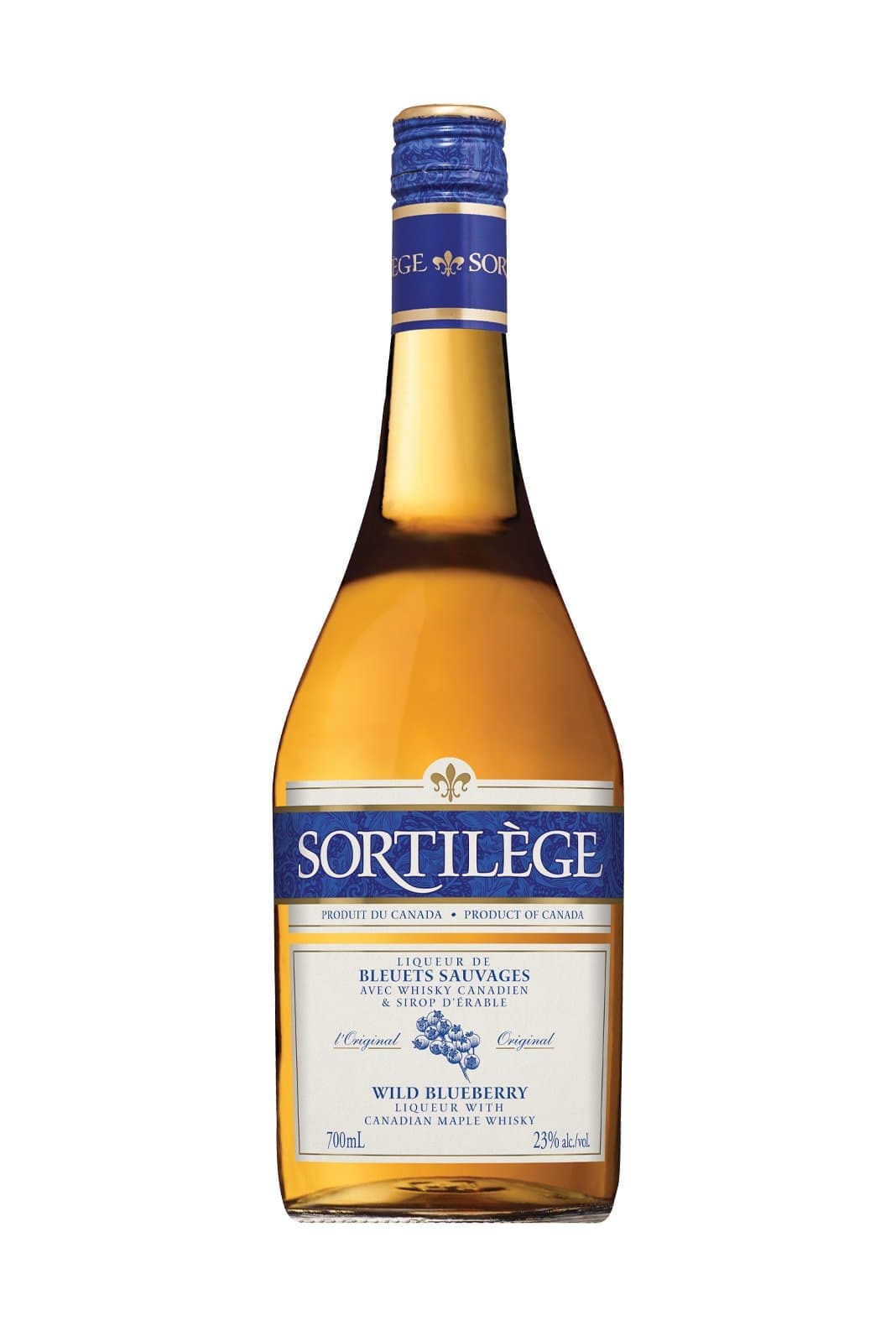
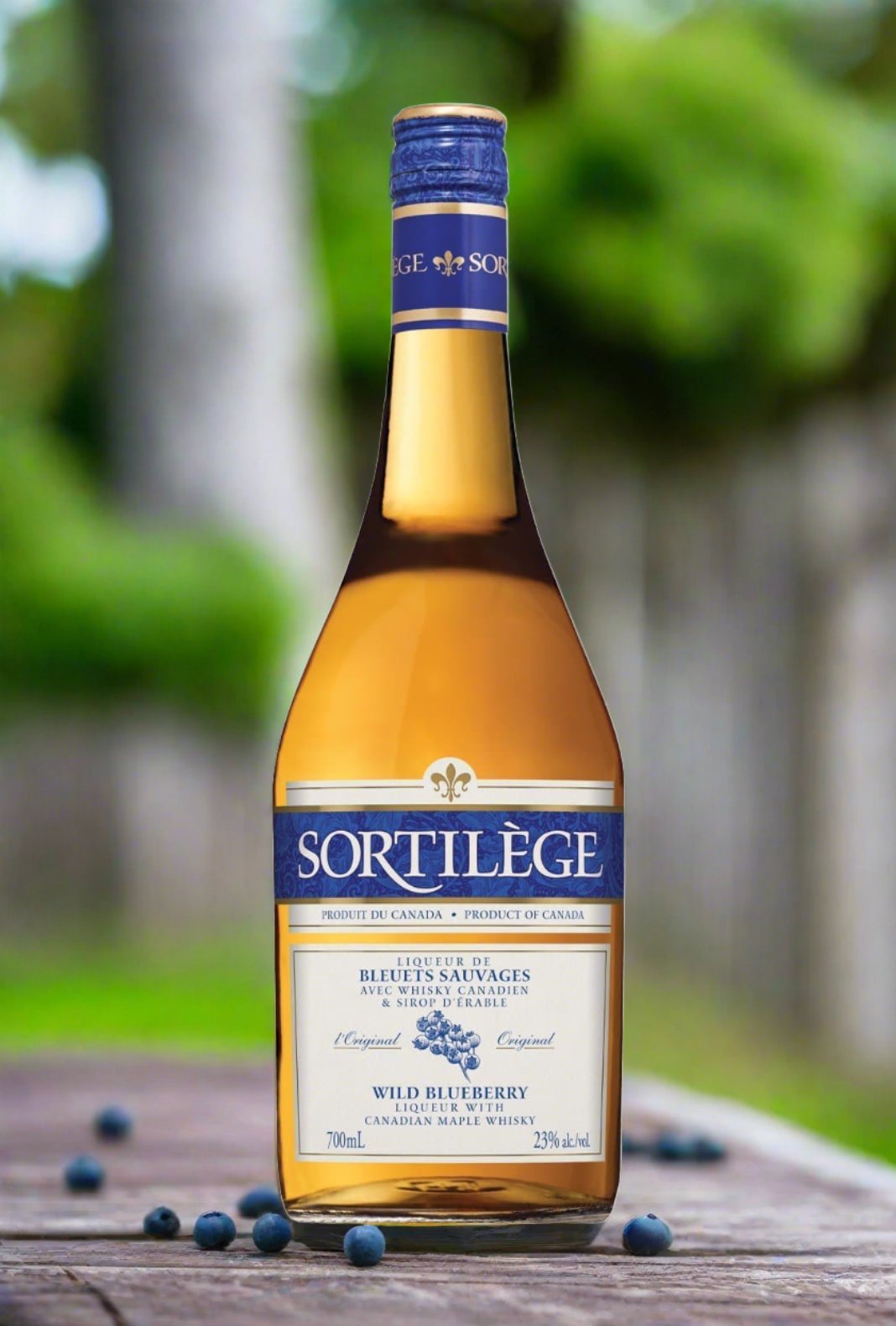
Sortilege Wild Blueberry Whisky Liqueur 23% 700ml
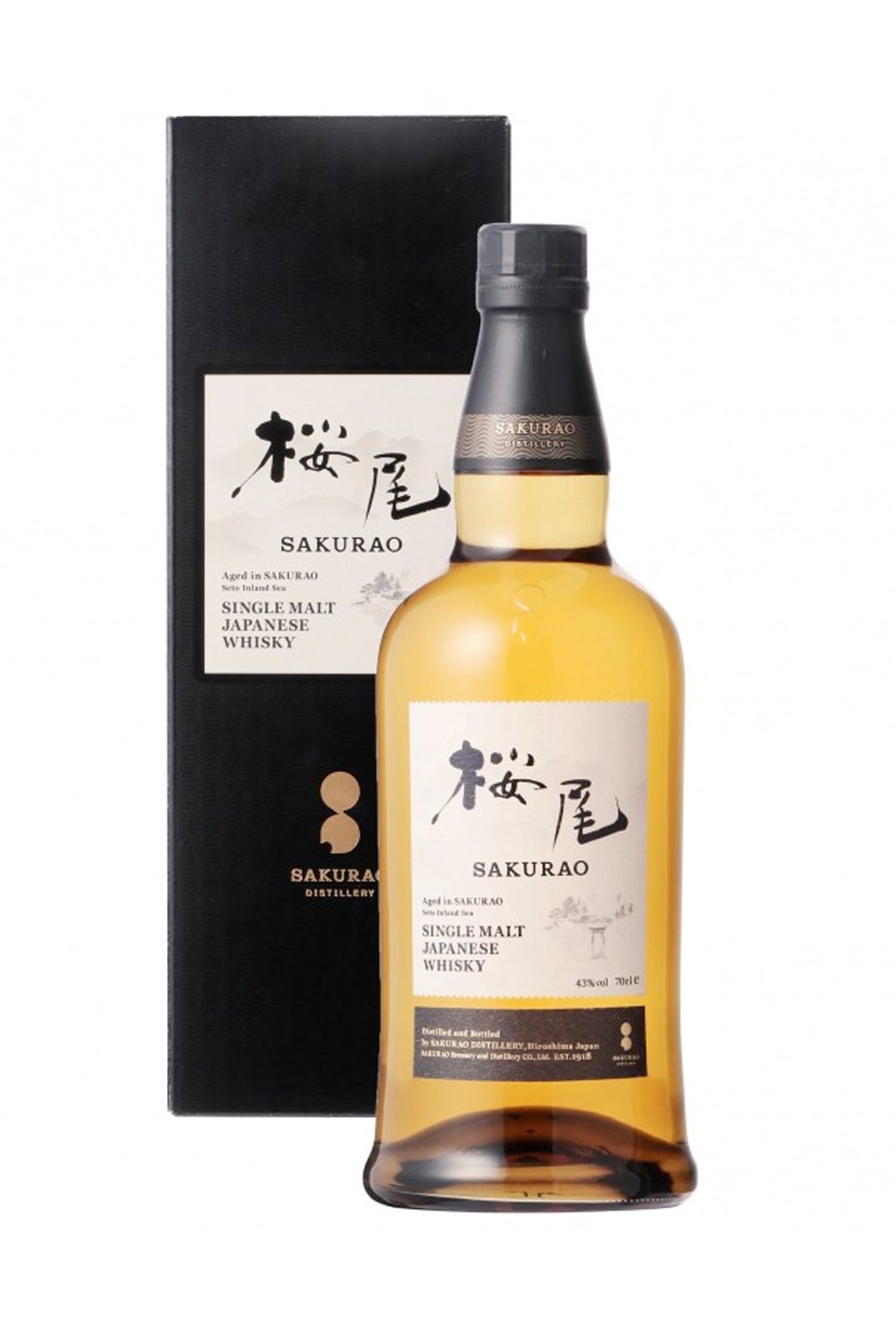
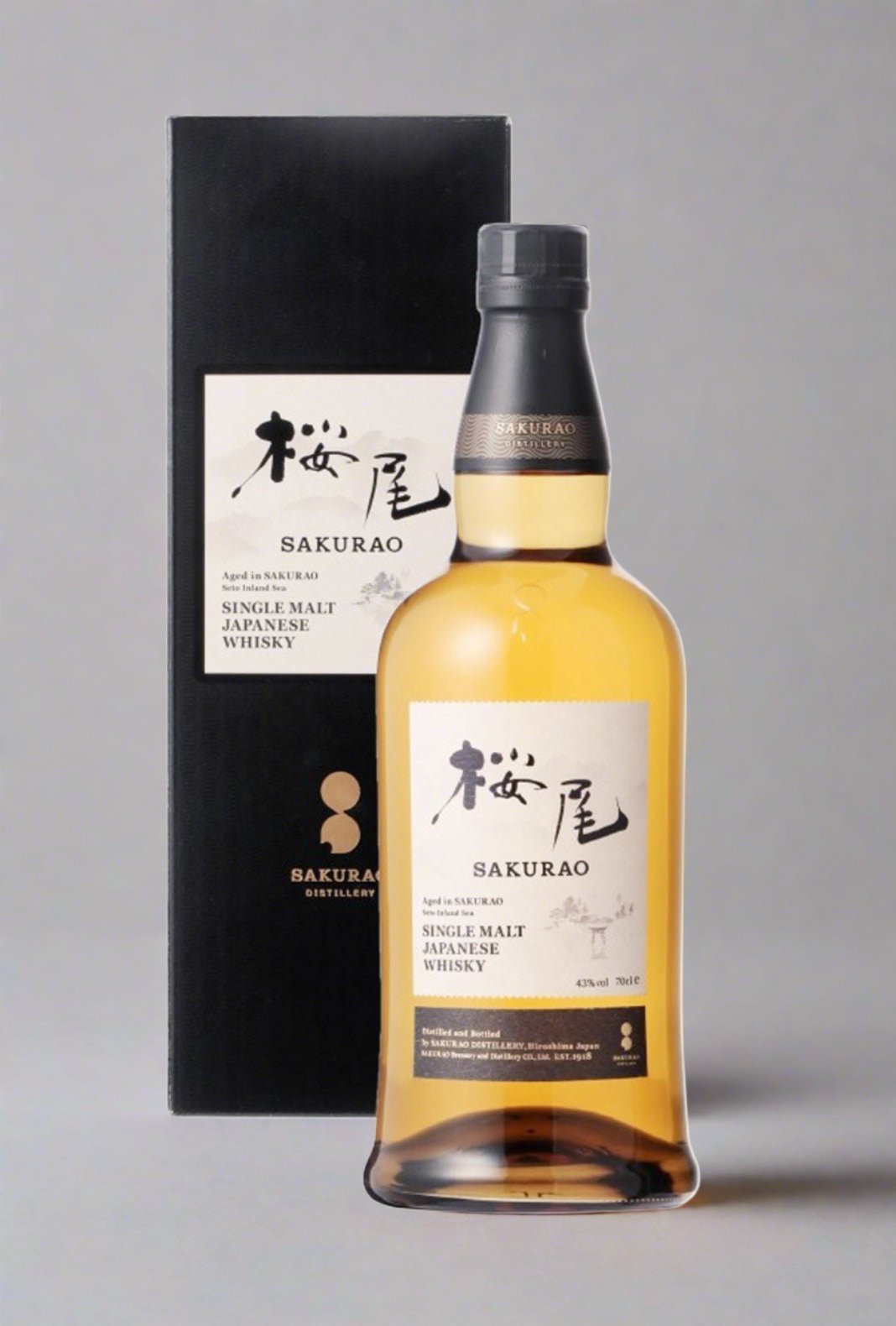
Sakurao Single Malt Japanese Whisky 43% 700ml
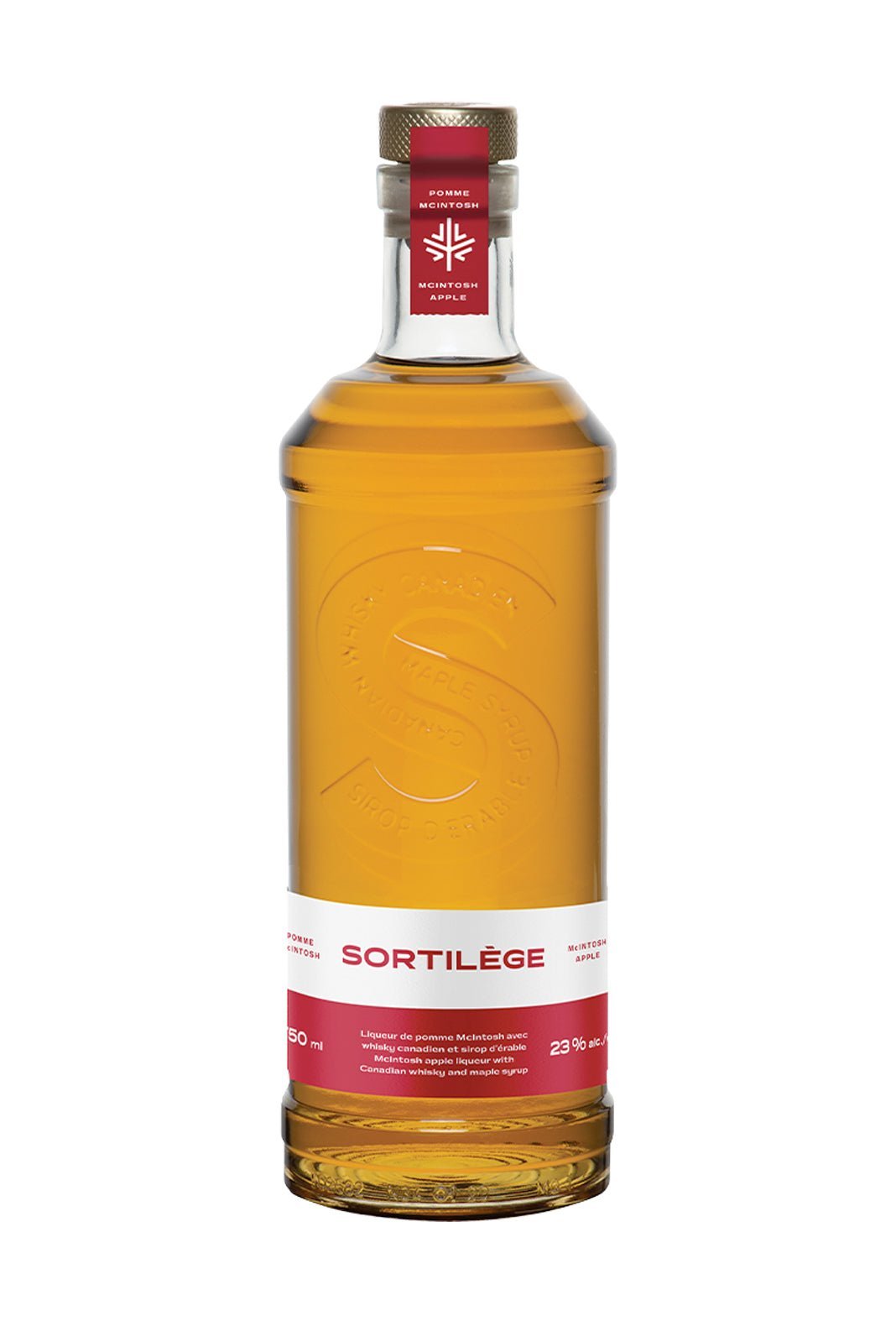
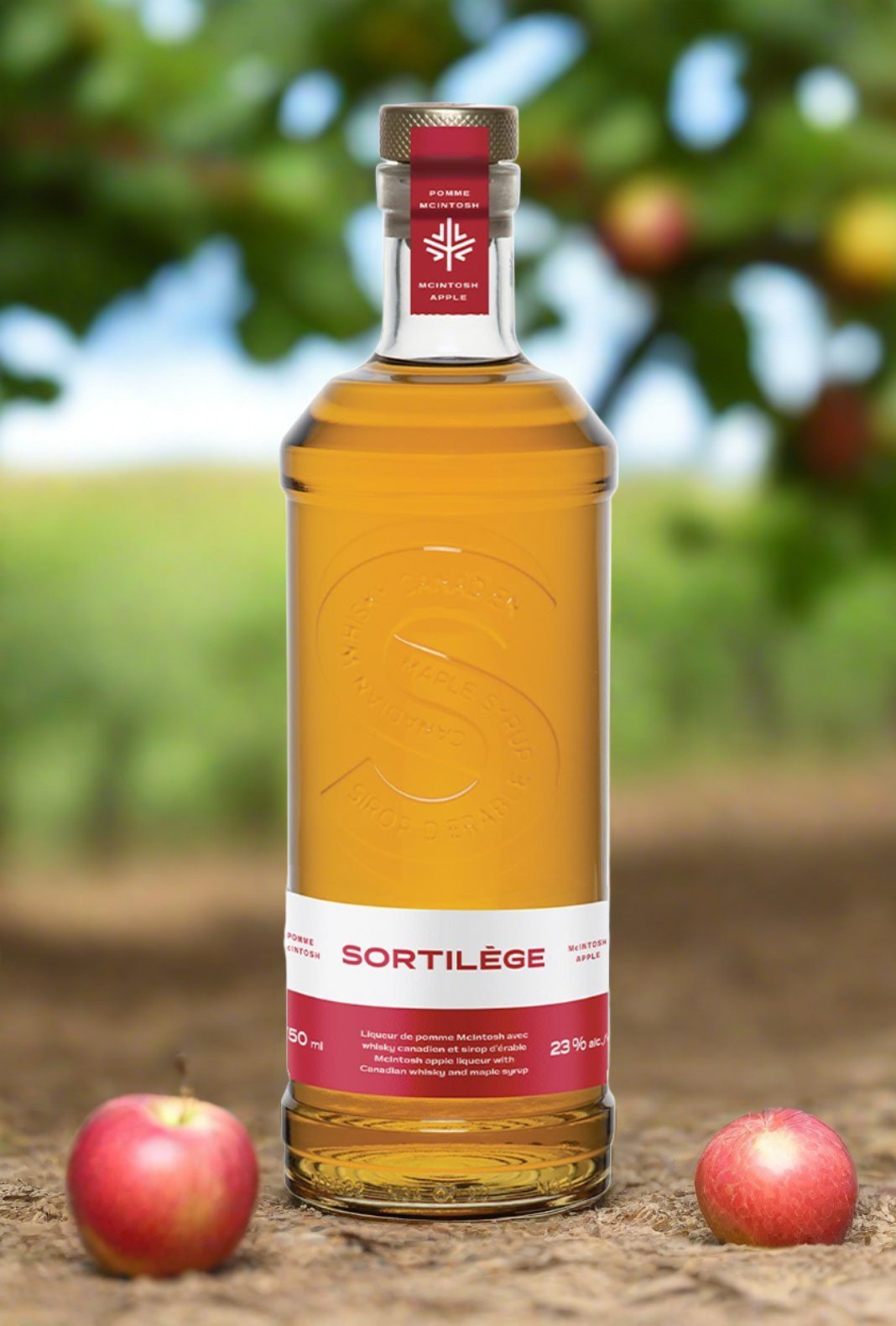
Sortilege Apple Whiskey Liqueur 23% 750ml


Sortilege Prestige 40.9% 750ml
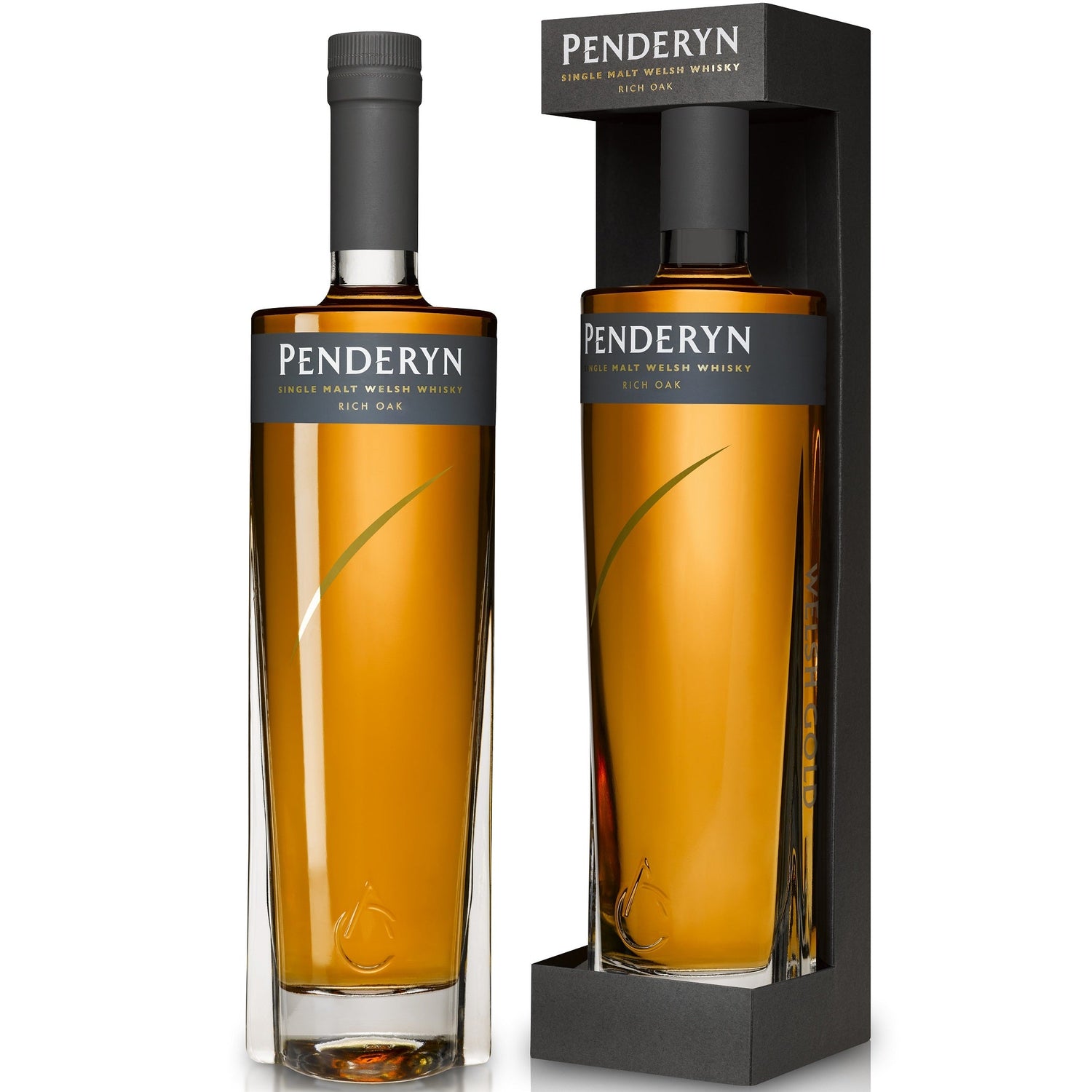
Penderyn Rich Oak Single Malt Welsh Whisky 46% 700ml
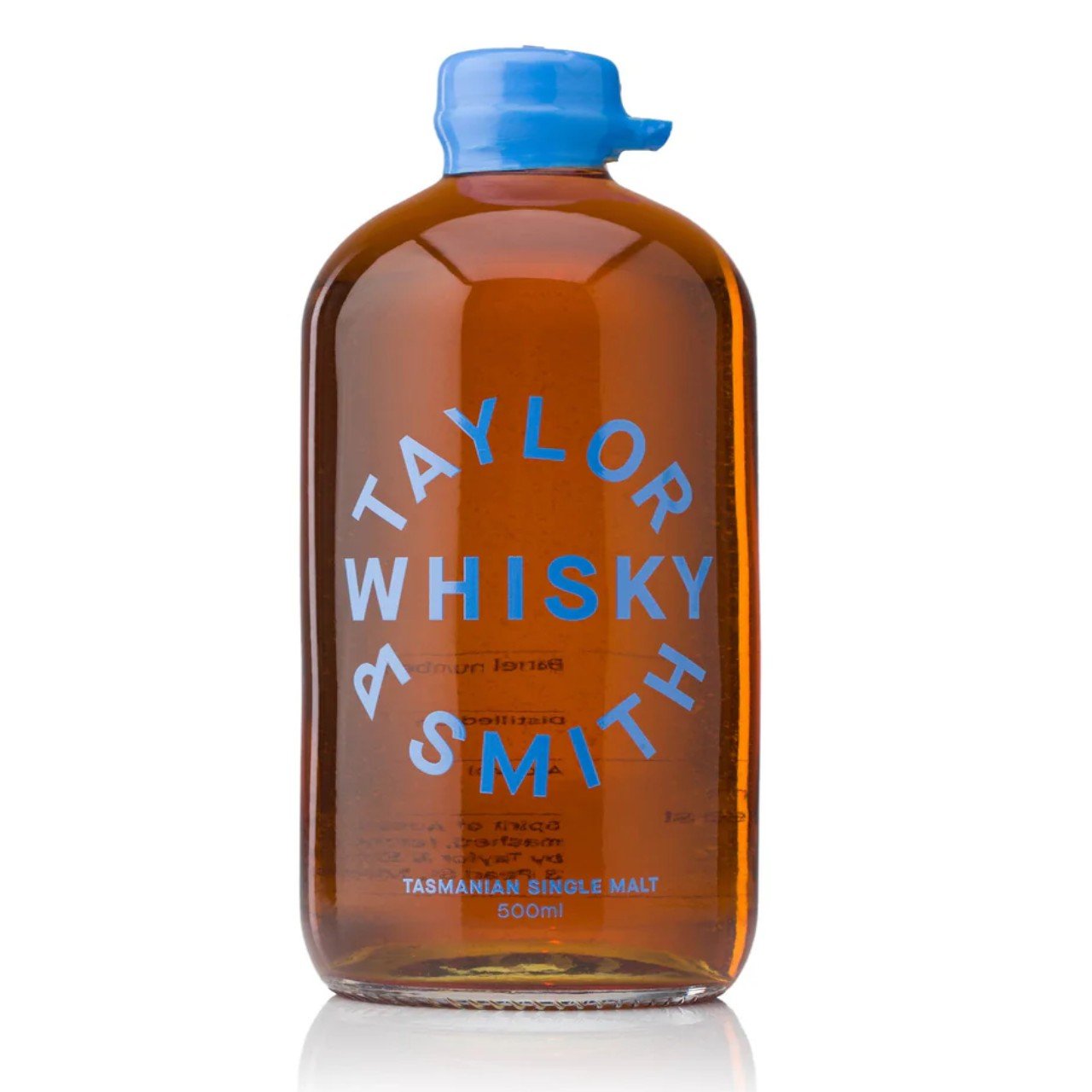
Taylor & Smith Tasmanian Single Malt Whisky - Bourbon Barrel 500ml
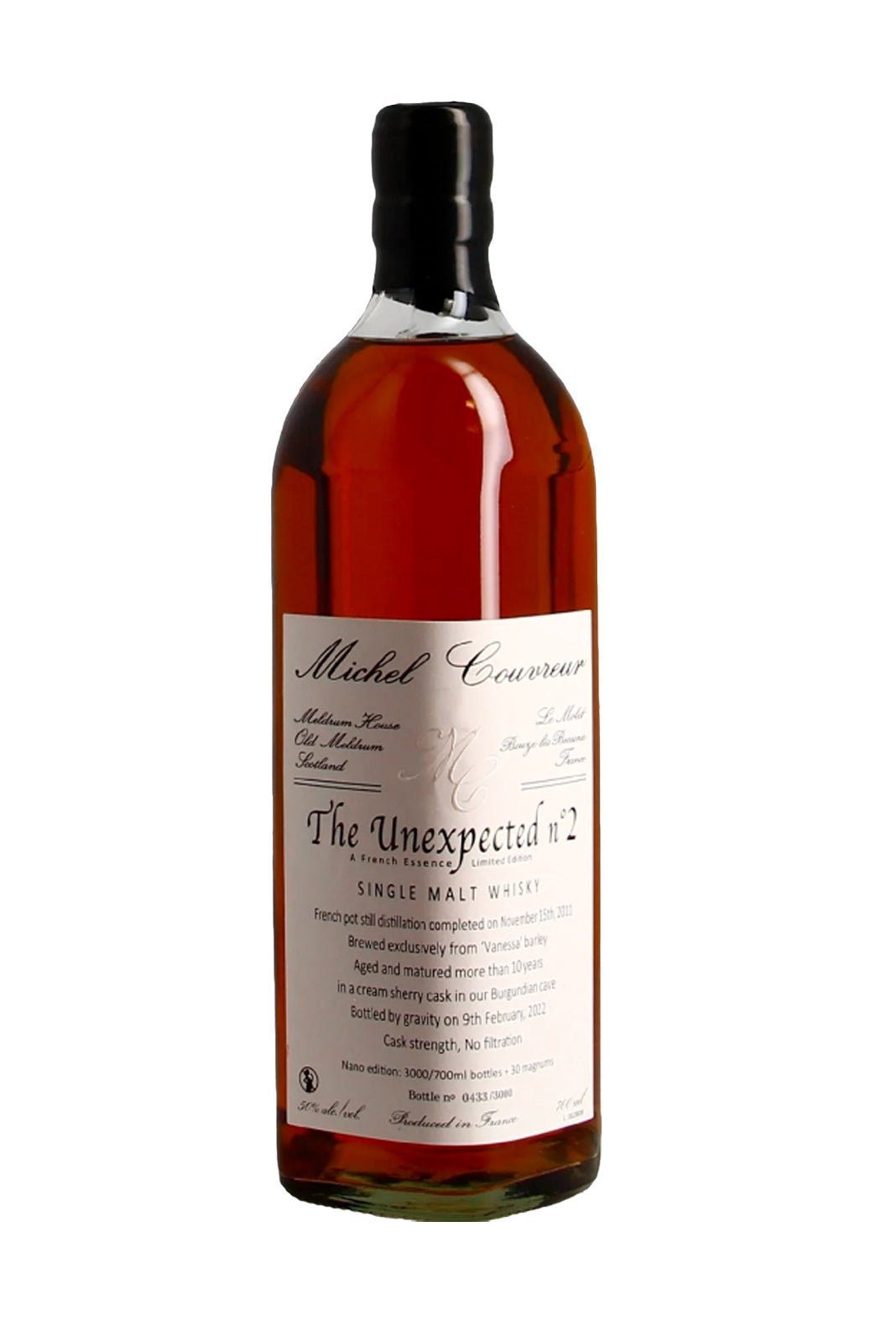
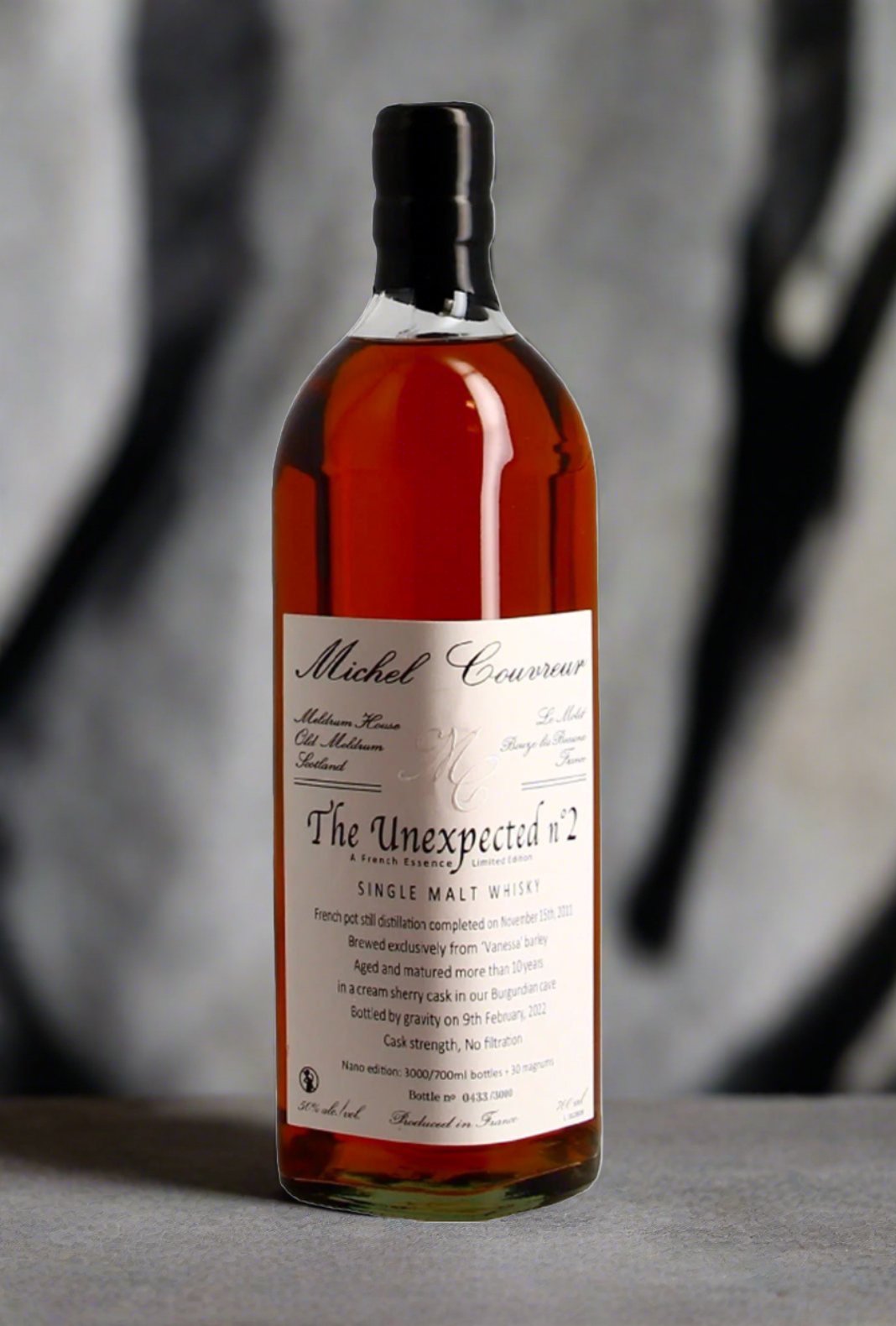
Micher Couvreur Unexpected II French Whisky Single Malt 50% 700ml
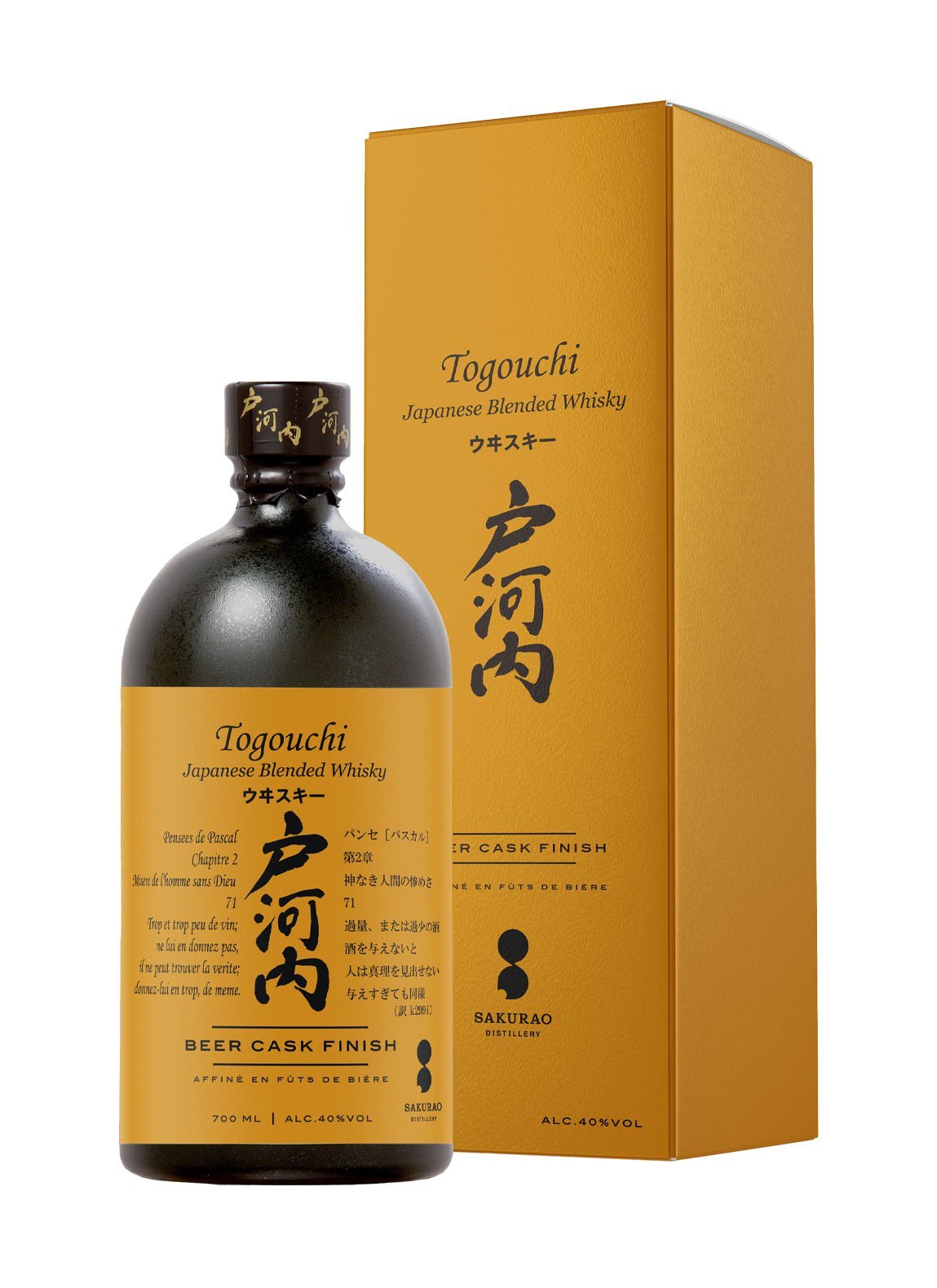
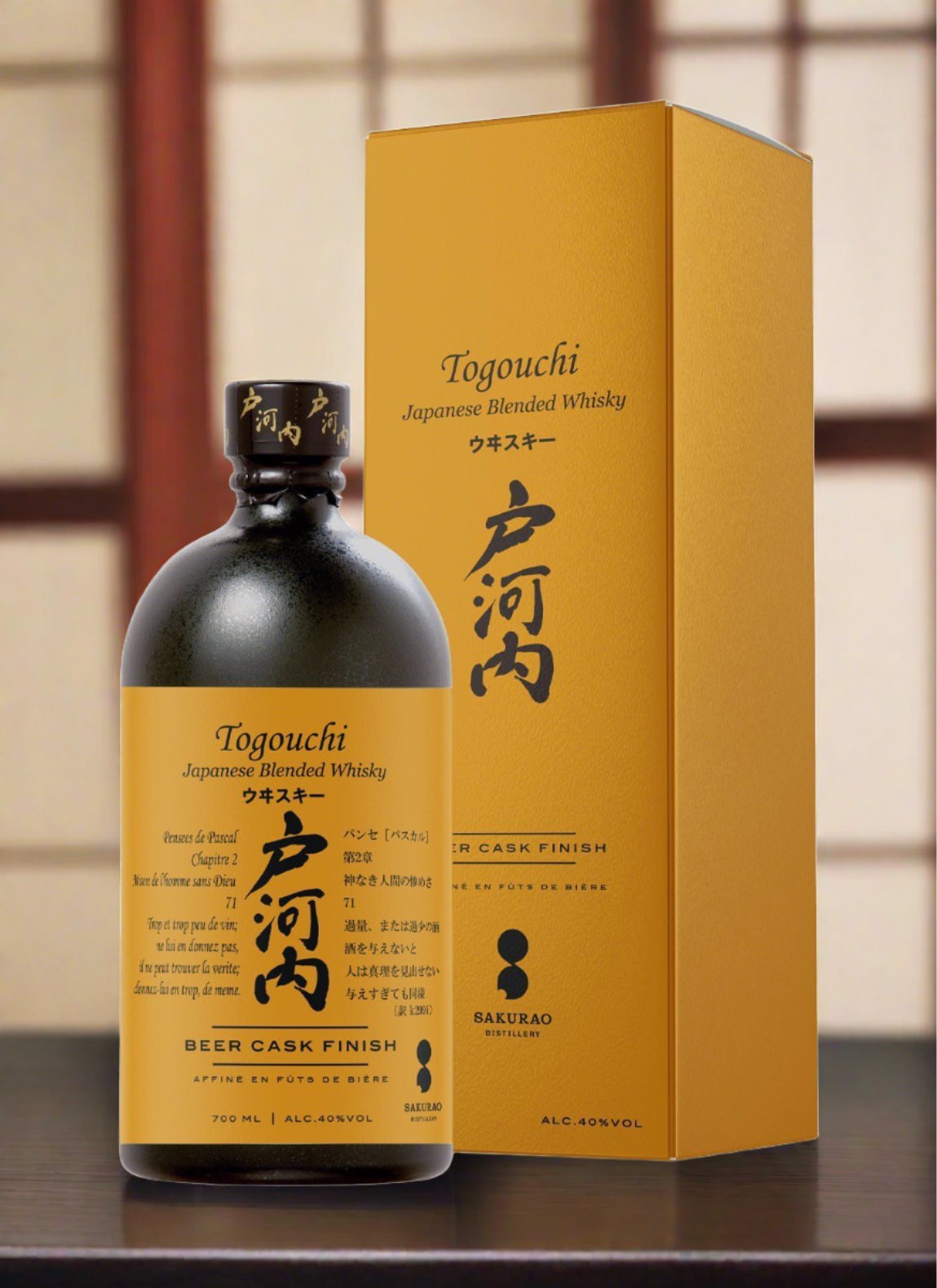
Togouchi Blended Beer Cask Finish Japanese Whisky 40% 700ml
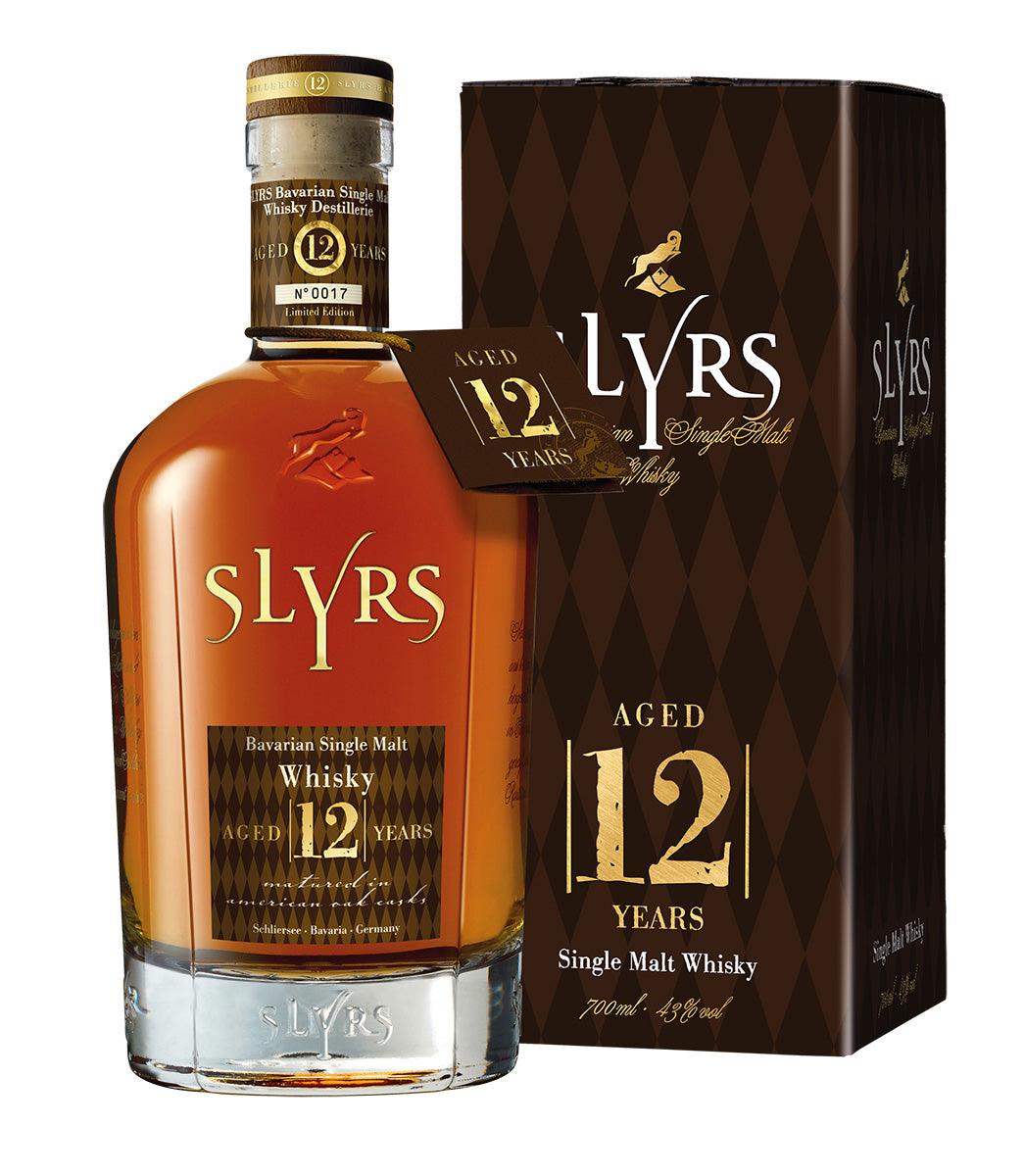
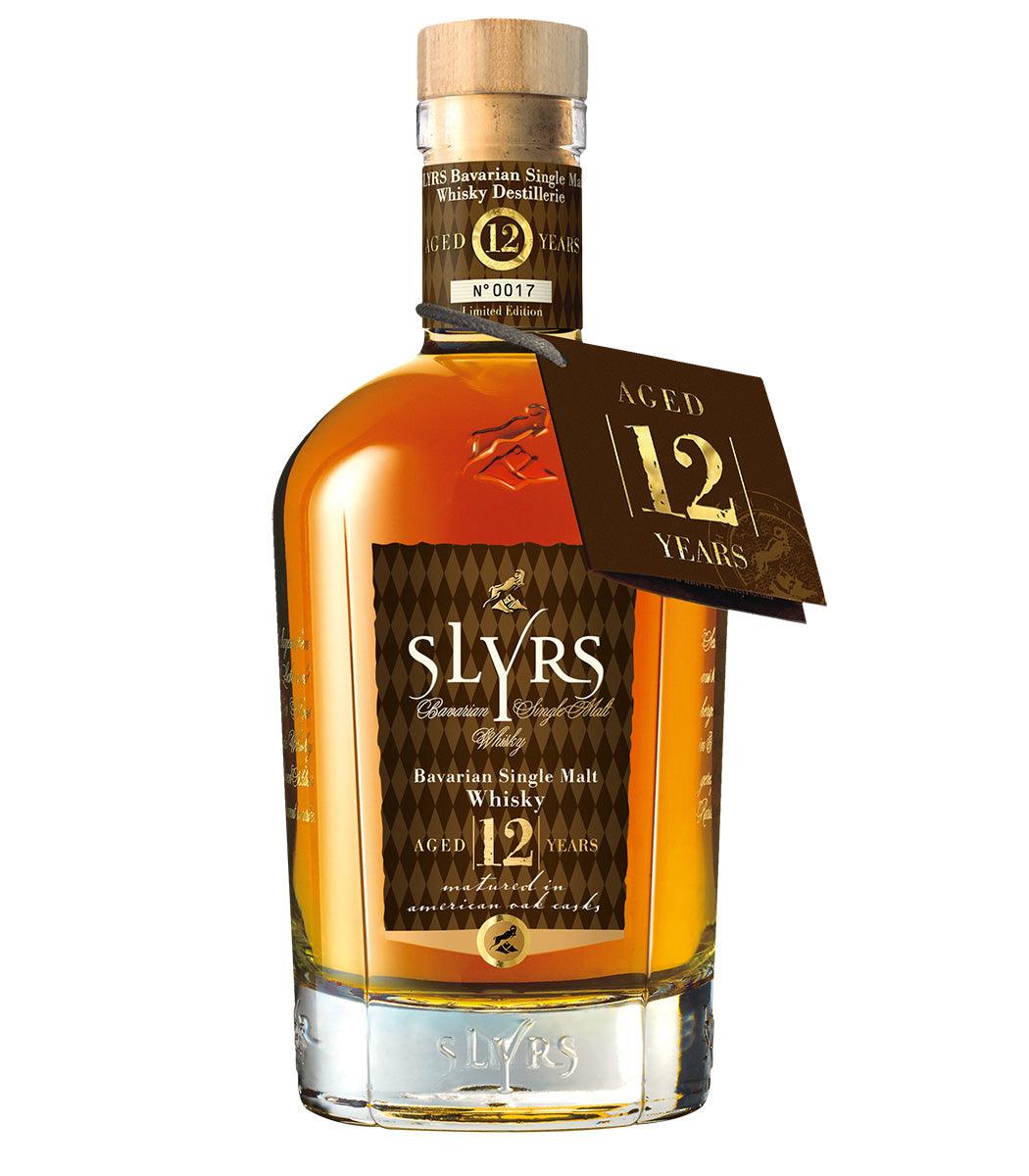
Slyrs 12 Year Old Bavarian Single Malt Whisky
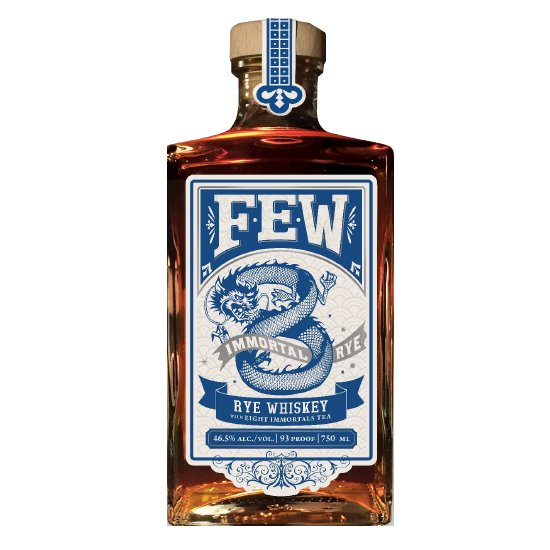
FEW Rye Whiskey with Eight Immortals Tea 46.5% 700ML
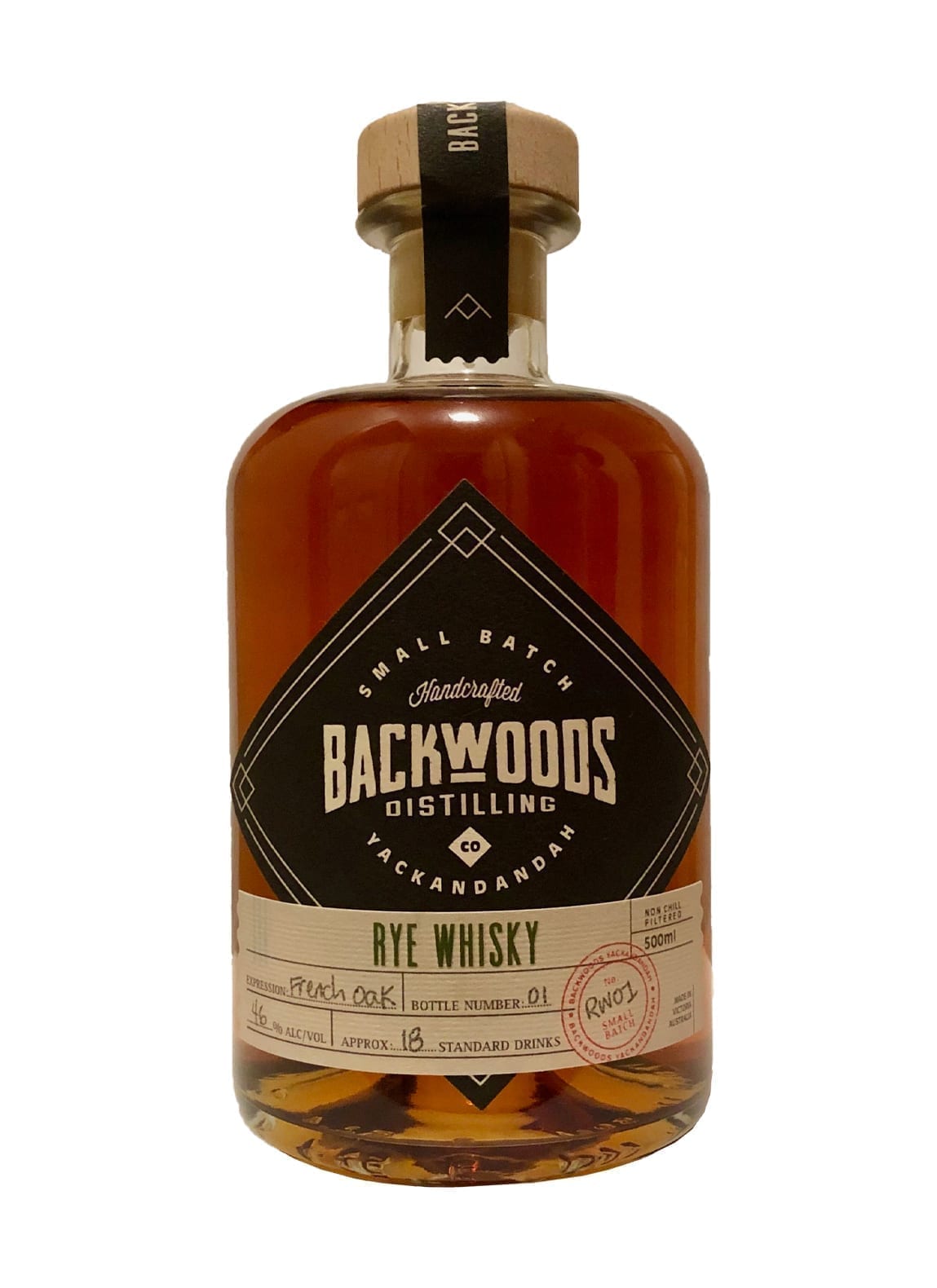
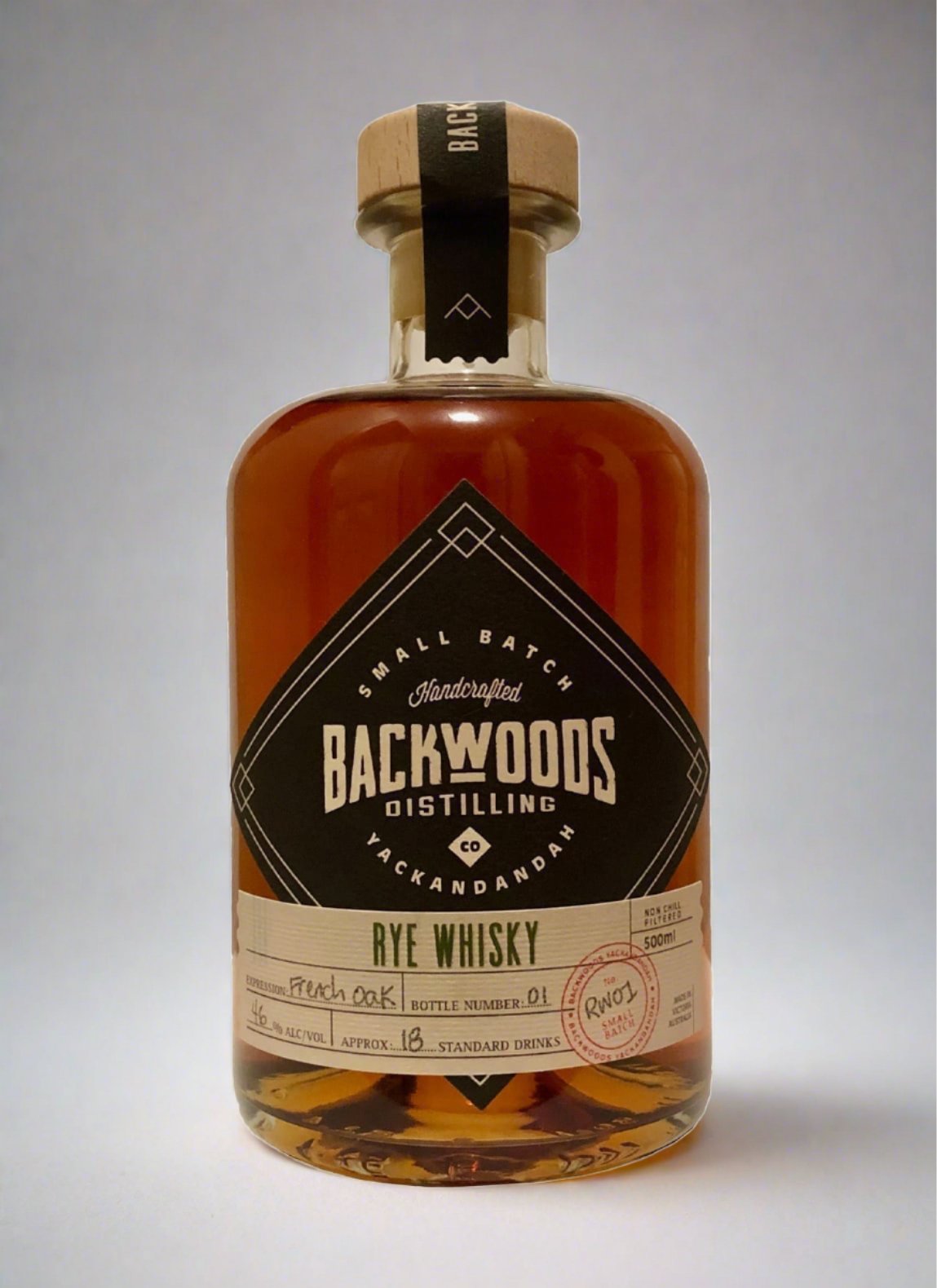
Backwoods Rye Whisky 46% 500ml Batch 2
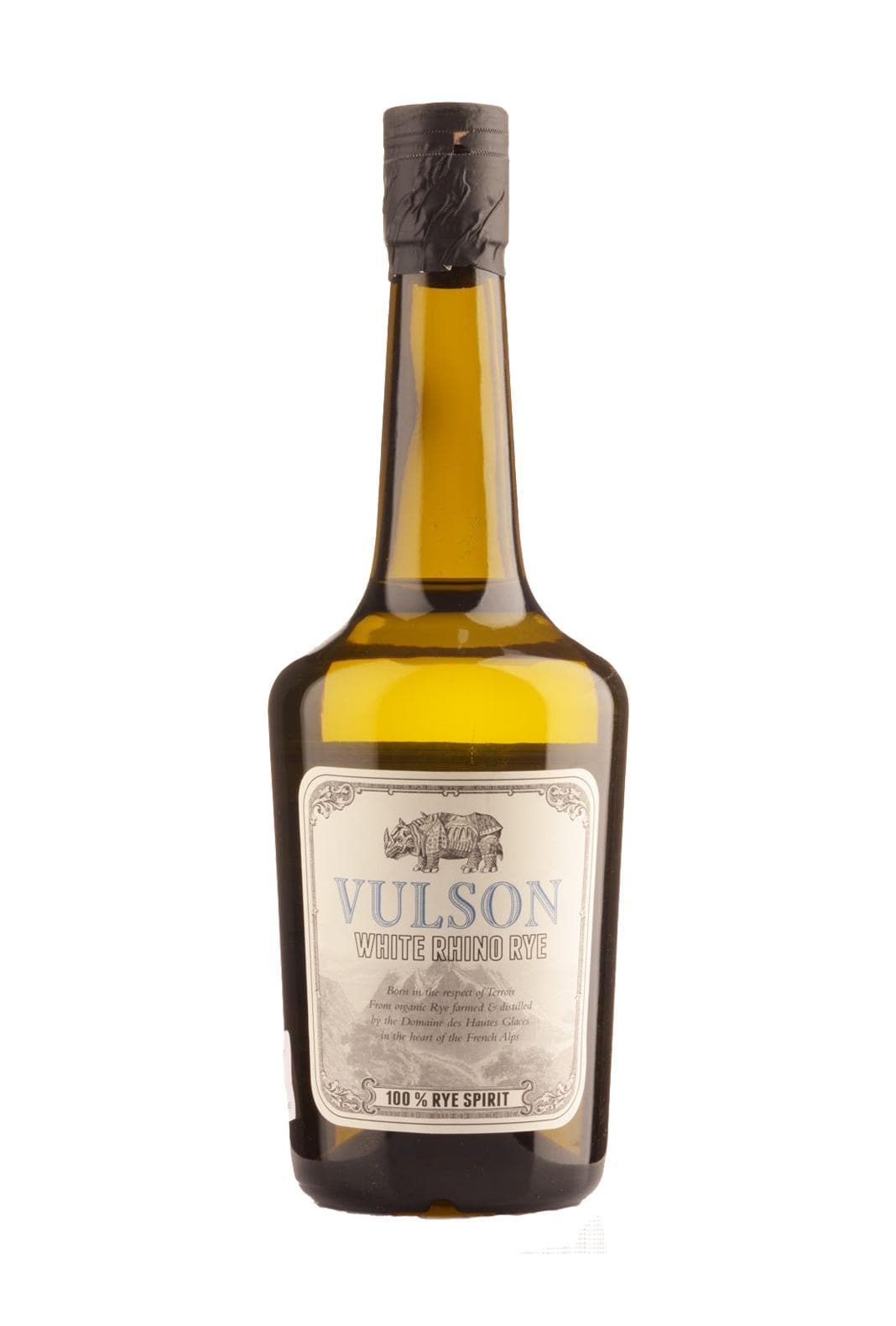
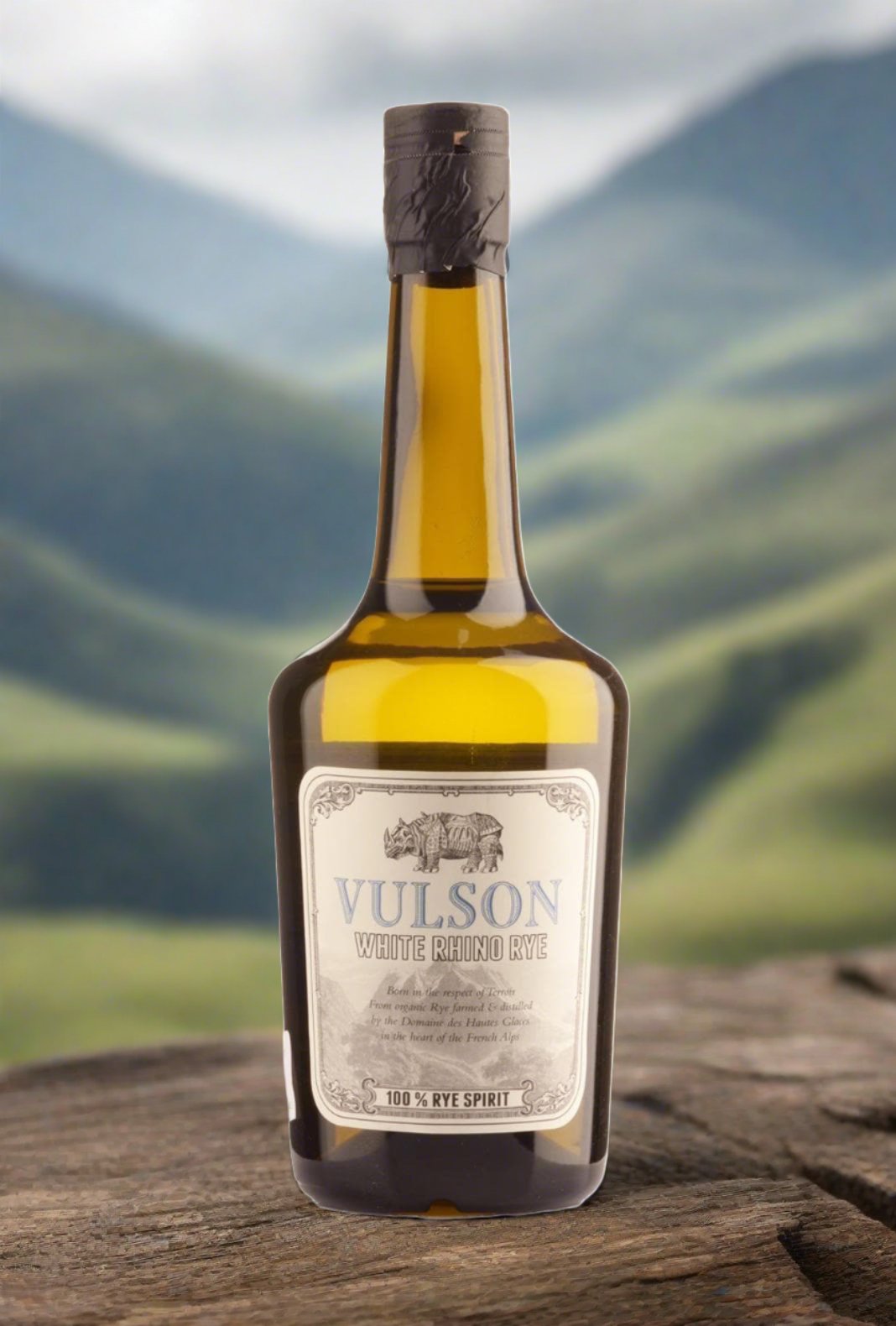
Domaine Des Hautes Glaces Rye Whisky Vulson 'White Rhino' 41% 700ml
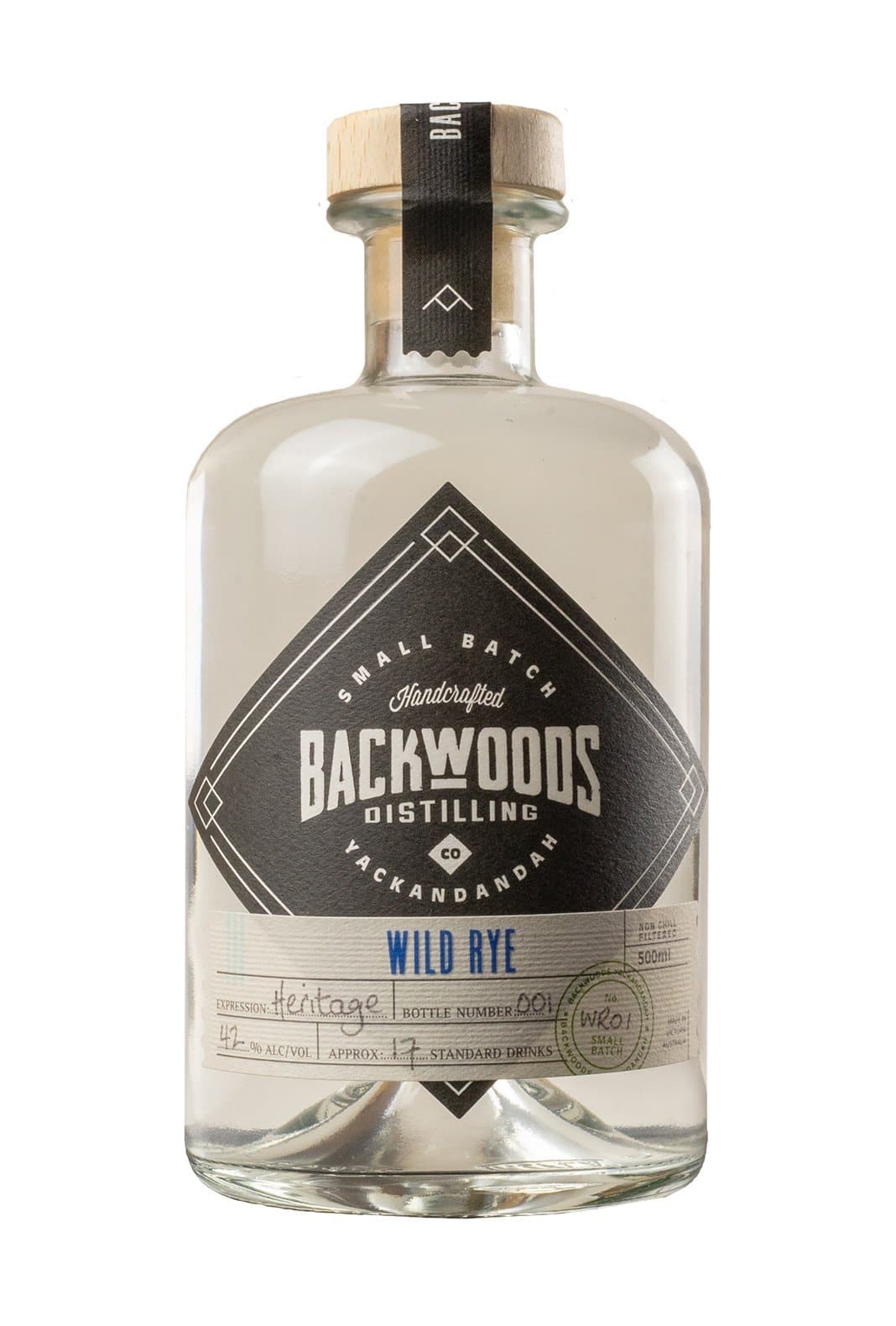
Backwoods Wild Rye 42% 500ml
Whisky
Whisky, also spelled whiskey in some countries, is a distilled spirit that is made from grains such as barley, corn, rye, or wheat. The grains are mashed, fermented, and then distilled to produce the final product. Whisky is often aged in oak barrels, which imparts flavours and colours to the spirit.
There are several types of Whisky, including Scotch, Bourbon, Irish, and Canadian, each with its distinct characteristics. Scotch Whisky, for instance, must be produced in Scotland and aged for a minimum of three years, while Bourbon Whiskey must be made in the United States and contain at least 51% corn.
Whisky is typically consumed neat or with a small amount of water to enhance its flavours and aromas. It's also a popular ingredient in cocktails, such as the Old Fashioned and the Whiskey Sour. To ensure the quality of Whisky, it must meet specific regulations set by the government in its country of origin.
In conclusion, Whisky is a popular distilled spirit with a rich history and a wide range of flavours and varieties. Whether enjoyed neat, on the rocks, or in a cocktail, Whisky is a beloved beverage that continues to captivate drinkers around the world.
Whisky is a distilled alcoholic beverage that has a long and storied history. Its origins can be traced back to ancient civilisations, where distillation techniques were first developed for medicinal purposes. The word "whisky" itself is derived from the Gaelic term "uisge beatha," which means "water of life."
The first written record of whisky production dates back to the late 15th century in Scotland, where it was initially made by monks as a form of medicine. By the 16th century, whisky had become a popular beverage in Scotland, and many small-scale distilleries were established throughout the country.
In the 18th and 19th centuries, whisky production in Scotland became more sophisticated, and many of the world's most famous distilleries were established during this time. Scotch whisky, which is made exclusively in Scotland, became especially popular, and today, it is one of the most well-known and widely consumed alcoholic beverages in the world.
Over the years, the production of whisky has evolved, with advances in technology and changes in regulations shaping the industry. Today, whisky is produced in many different countries, and there are numerous variations in style and flavour. Despite these changes, however, the essence of whisky remains the same – a complex and flavourful spirit with a rich and fascinating history.
- Choose the right glass: When drinking whisky, it's essential to use the appropriate glass. A Glencairn or a tumbler is ideal to enjoy the aroma and taste of the whisky.
- Add a few drops of water: Pour a small amount of whisky into your glass and add a few drops of water. The water will help to open up the flavours and aromas of the whisky.
- Hold the glass: Cup your hand around the glass and warm the whisky slightly. This will help to release the whisky's aromas.
- Take a sniff: Before sipping the whisky, take a moment to sniff it. Inhale the aromas deeply and try to identify any notes of sweetness, smokiness, or spice.
- Sip and savour: Take a small sip of the whisky and let it roll around your mouth. Allow the whisky to coat your tongue and try to identify the different flavours. Swallow and let the warmth of the whisky spread through your body.
- Add ice or not: Some whisky drinkers prefer their whisky neat, while others prefer it on the rocks. Adding ice can mellow the flavours and provide a refreshing chill to the whisky, but it can also dilute the whisky's taste.
By following these steps, you can enjoy a smooth and flavourful glass of whisky. Remember, drinking whisky is a personal experience, so experiment with different glasses, water ratios, and serving temperatures to find what works best for you.


